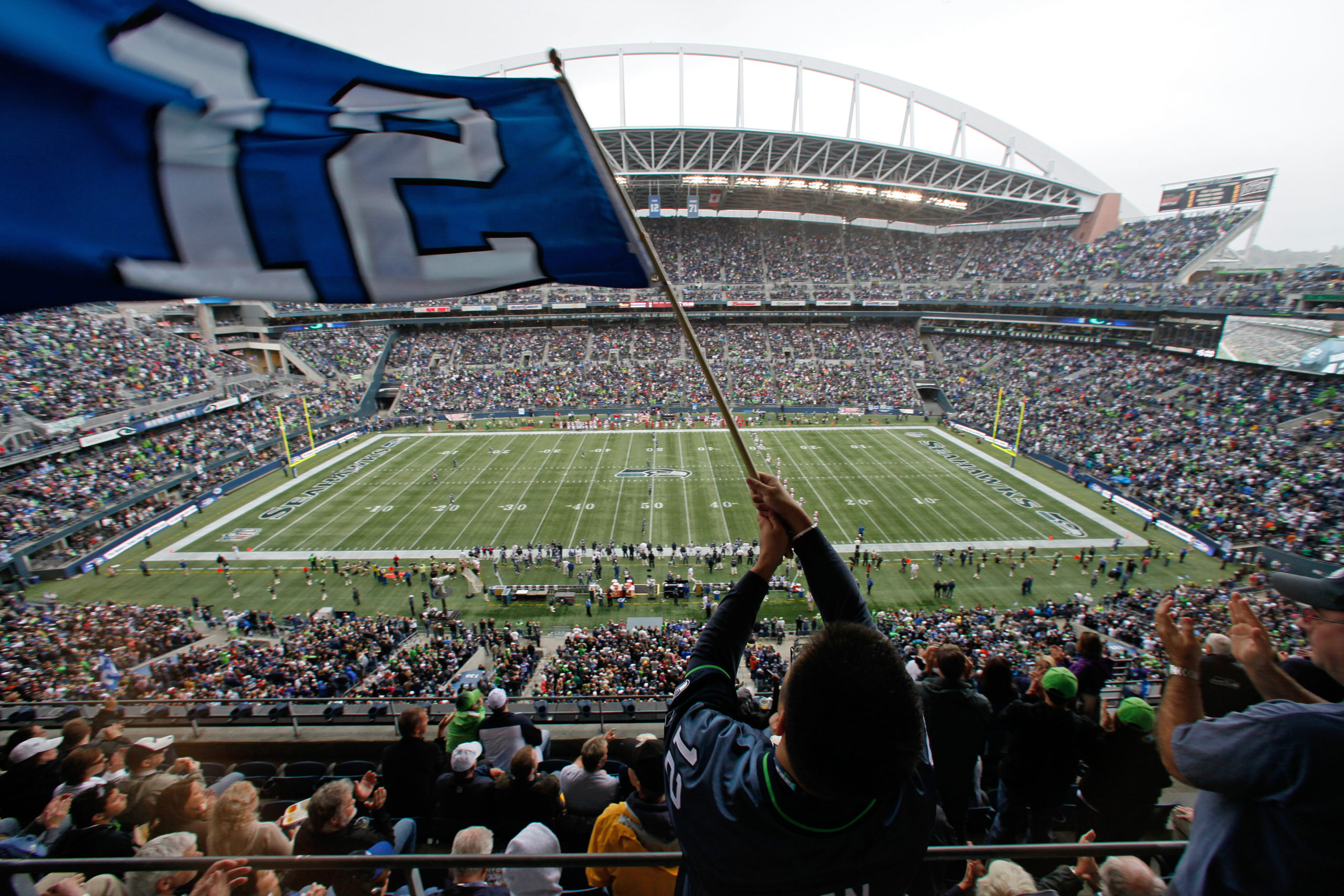Home Field Advantage Is Real, Says Science

Photo: AP
Ever feel like you’re more on top of your game when you’re playing on your home turf? According to research by two physiological scientists in the UK, the data supports the validity of home-field advantage—with a caveat.
In a study published in Current Directions in Psychological Science, researchers reviewed prior research on sports and athletic competition, which showed that the location of an event influences players’ behavior, mindset, and even their hormones (more on that in a second). The authors of the study focused on two models that presumably account for the differences: the territoriality model and the standard model.
The territoriality model ascribes home field advantage to humans’ natural desire to defend their home territory. In prior studies of soccer players and hockey players, the athletes displayed higher levels of testosterone before home games than they did ahead of contests on neutral or opponent sites. That spike in testosterone could lead to increased aggression and desire to compete, both of which may produce favorable athletic results.
The standard model speculates that the positive environment and encouraging fan behavior can influence home team success, specifically via the referees. When a crowd is boisterous, referees are more likely to rule in favor of the home team when a call is discretionary—i.e., when it can go either way—and penalize the away team more heavily. You hear grumbling about this all the time in the NBA. (Michael Jordan was legendary for his ability to do no wrong at the United Center.)
The archival studies also showed that crowd size and behavior were correlated with the magnitude of home field advantage. Home teams were more successful in front of a large audience exhibiting encouraging behavior. No wonder the Super Bowl champion Seattle Seahawks were so dominant at home, where “Their 12th Man” set volume records with their cheering.
But even without a noisy crowd, home court advantage holds. Some of it results from plain old jet lag. Researchers surmise that home field advantage increases by 20% for each time zone the away team has to cross.
Home field isn’t bulletproof, however—as you’ve probably seen when your favorite team lays an egg in their own stadium. Research shows that cortisol, a stress hormone, is higher when athletes play in front of home crowds. This could be due to the fact that athletes feel more pressure to perform at their best in front of their home fans, leading to their overthinking movements that would ordinarily be automatic and causing them to choke.
RECOMMENDED FOR YOU
MOST POPULAR
Home Field Advantage Is Real, Says Science

Photo: AP
Ever feel like you’re more on top of your game when you’re playing on your home turf? According to research by two physiological scientists in the UK, the data supports the validity of home-field advantage—with a caveat.
In a study published in Current Directions in Psychological Science, researchers reviewed prior research on sports and athletic competition, which showed that the location of an event influences players’ behavior, mindset, and even their hormones (more on that in a second). The authors of the study focused on two models that presumably account for the differences: the territoriality model and the standard model.
The territoriality model ascribes home field advantage to humans’ natural desire to defend their home territory. In prior studies of soccer players and hockey players, the athletes displayed higher levels of testosterone before home games than they did ahead of contests on neutral or opponent sites. That spike in testosterone could lead to increased aggression and desire to compete, both of which may produce favorable athletic results.
The standard model speculates that the positive environment and encouraging fan behavior can influence home team success, specifically via the referees. When a crowd is boisterous, referees are more likely to rule in favor of the home team when a call is discretionary—i.e., when it can go either way—and penalize the away team more heavily. You hear grumbling about this all the time in the NBA. (Michael Jordan was legendary for his ability to do no wrong at the United Center.)
The archival studies also showed that crowd size and behavior were correlated with the magnitude of home field advantage. Home teams were more successful in front of a large audience exhibiting encouraging behavior. No wonder the Super Bowl champion Seattle Seahawks were so dominant at home, where “Their 12th Man” set volume records with their cheering.
But even without a noisy crowd, home court advantage holds. Some of it results from plain old jet lag. Researchers surmise that home field advantage increases by 20% for each time zone the away team has to cross.
Home field isn’t bulletproof, however—as you’ve probably seen when your favorite team lays an egg in their own stadium. Research shows that cortisol, a stress hormone, is higher when athletes play in front of home crowds. This could be due to the fact that athletes feel more pressure to perform at their best in front of their home fans, leading to their overthinking movements that would ordinarily be automatic and causing them to choke.














